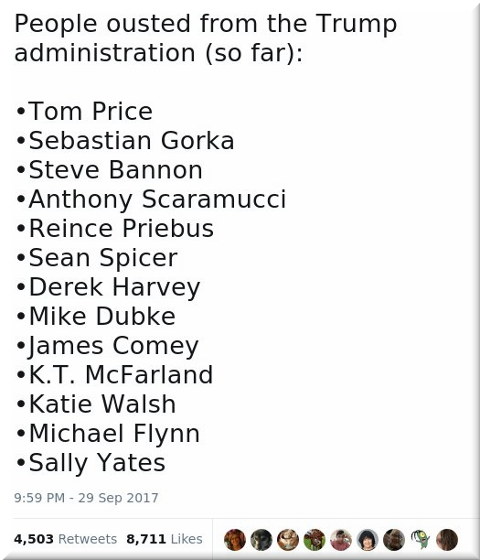

Jesper Kongstad is over. Today is his last day. Several months ago we broke the news (in English), months after we had published this series about his conflicts. Unemployed or retired years too early? We don't know. We heard from reliable sources that he had been pushed out.
"As we explained back in summer, we don't expect much to change until Battistelli's departure next summer."Don't expect any progress on the UPC this year. Those who claim progress typically have something to gain from such a lie. We're talking about firms such as Bristows and EPO media 'friends' (sometimes paid by the EPO) like Managing IP or IAM.
Yesterday, Managing IP published this self-serving garbage from Bart van Wezenbeek. It's just UPC lobbying 'dressed up' as an article. To quote some bits:
The appeal against this decision from BD was also rejected and the patent was maintained as granted.
[...]
The decision on basis of extended subject matter is remarkable, since the interpretation of the technical content of the claims deviates from the interpretation of the Board of Appeal of the EPO. According to the Dutch court the intended interpretation as now used for the claims was not directly and unambiguously derivable from the application as filed.
Although a number of court cases (including the present Dutch one) have not been finally decided and appeals are pending, the case again illustrates that national courts and the EPO Board can come to deviating decisions on the same European patent. The case thus again illustrates the need for a Unified Patent Court.
Decision T 488/16 of the Boards of Appeal of the EPO has been published setting out the reasoning for the revocation of European patent number EP1169038 protecting the anti-cancer drug dasatinib (Sprycel€®). The Decision represents an interesting development of the doctrine of “plausibility”, particularly in relation to small molecule pharmaceuticals.
The patent owner had sought to defend the patent on the basis of just one claim directed to the single compound dasatinib. The novelty of this compound was not in dispute, and the case hinged on the extent to which the patent owner was entitled to rely on the activity of the compound (as a PTK inhibitor) as a technical effect when seeking to establish an inventive step.
"Why is the media not covering this? We mean mainstream media, not some blogs here and there."As a reader from the Netherlands put it recently, "if anyone bothered... maybe our government bribes people not to publish about it? The ruling liberal party (VVD) certainly promotes a "positive climate" for big industry and IOs, in the interest of some SMEs (restaurants, retailers, bakers, etc in this region of NL) which mainly make a living from selling to the EPO and its staff. It does not interest them that many others (including EPO staff) suffer."
"This is similar to what has been happening in the Eastern District of Texas," I responded. For those who don't know, the judges in Texas openly and blatantly twist the law in an effort to attract aggressors and patent trolls (big business there) -- a subject we shall certainly cover later this weekend. The UPC too paves to way to a sort of 'Eastern District of Texas' in Europe. That's hardly even a secret. ⬆